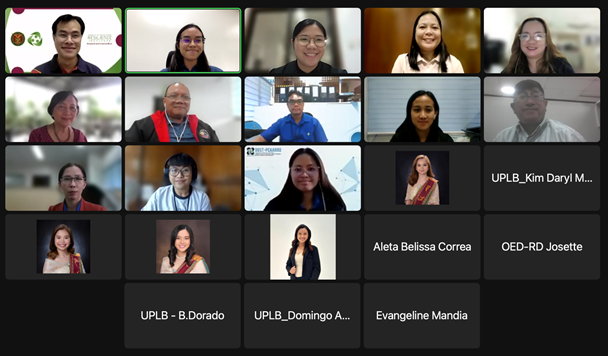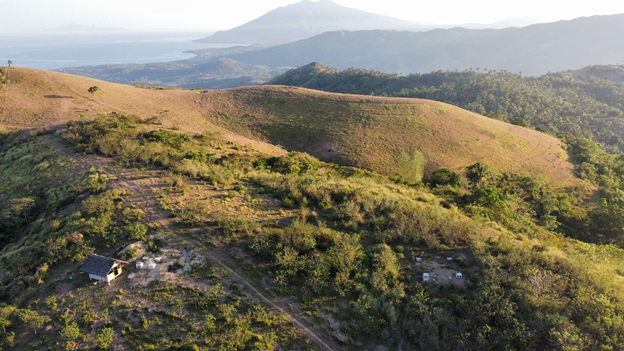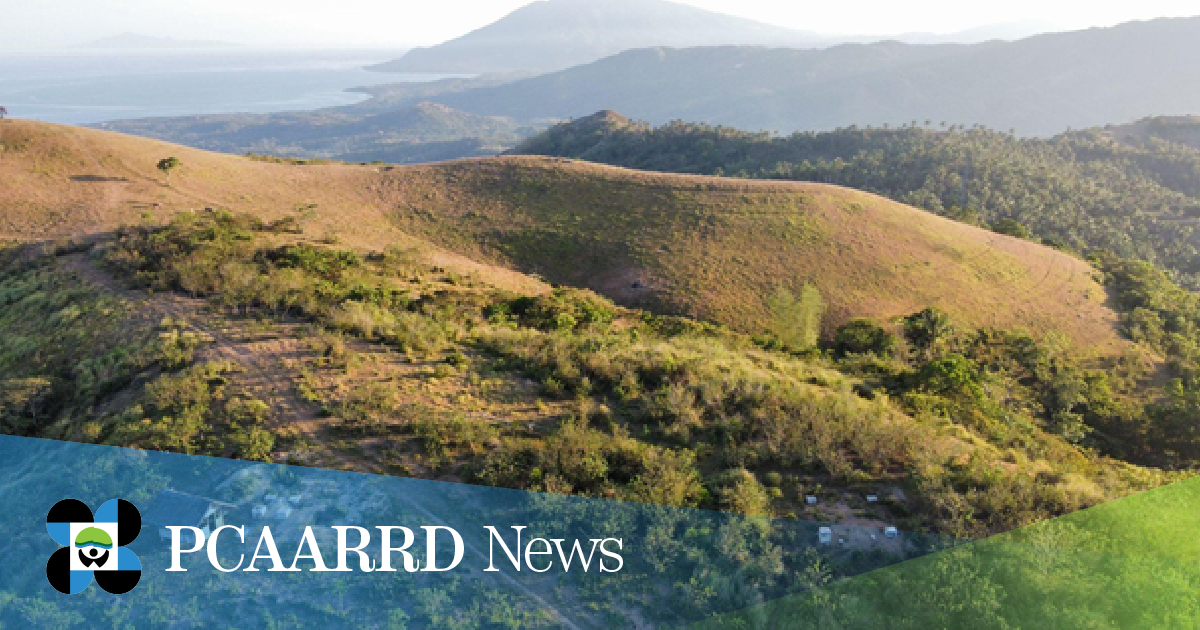
The Philippines' geographic location and archipelagic structure expose the country to an array of natural hazards. Small islands, in particular, are highly vulnerable to calamities due to their limited land area, heavy dependence on natural resources, and limited access to appropriate technologies. The primary sources of income and livelihood in small islands, such as agriculture, fisheries, and eco-tourism have been severely affected. Moreover, previous studies have shown that women are disproportionately impacted by climate change.
To address climate-related issues in small islands, the Philippine Council for Agriculture, Aquatic and Natural Resources Research and Development of the Department of Science and Technology (DOST-PCAARRD) and the University of the Philippines Los Baños (UPLB) are collaborating on the project, “Island ReGen: Assessment of the Resilience of Small Island Communities and Gender Roles towards Alleviating Climate Change Impacts.”
This two-year project will assess the ecological, agricultural, and social resilience of small islands and develop evidence-based policy options and strategies toward improving their adaptive capacity. Considering their agriculture, fisheries, and tourism profiles, the islands of Marinduque and Busuanga were the selected implementation sites.
Resilience assessment provides a comprehensive analysis of the vulnerabilities, strengths, and opportunities for building resilience to climate change. This will be conducted using the Socio-Ecological Production Landscapes and Seascapes (SEPLS) toolkit from the United Nations-University Institute for the Advanced Study of Sustainability (UNU-IAS).

The Island ReGen project will determine the ecological landscape and seascape, as well as agricultural systems of small islands, including resource management, commodities, agricultural practices, and innovations. It will identify existing knowledge systems that promote ecological island resilience and ecosystem-based adaptations, and evaluate the role of women and men and their respective levels of adaptive capacity. This would ensure the recommendation of appropriate and sustainable interventions and policies toward alleviating climate change impacts in small islands.
The inception meeting was attended by the following evaluators: Mr. Dennis Dela Torre of the University of the Philippines Resilience Institute; Ms. Kriszia Enriquez of The Asia Foundation; Dr. Thelma Paris, S&T Consultant; and the project team led by Dr. Darlene Lovina.
DOST-PCAARRD and UPLB anticipate this initiative to contribute to enhancing the resilience of other small islands in the Philippines. The Island ReGen project also advances our nation's progress towards the achievement of national and international agreements and goals, such as the AmBisyon Natin 2040, PAGTANAW 2050, and United Nations Sustainable Development Goals (SDGs).

